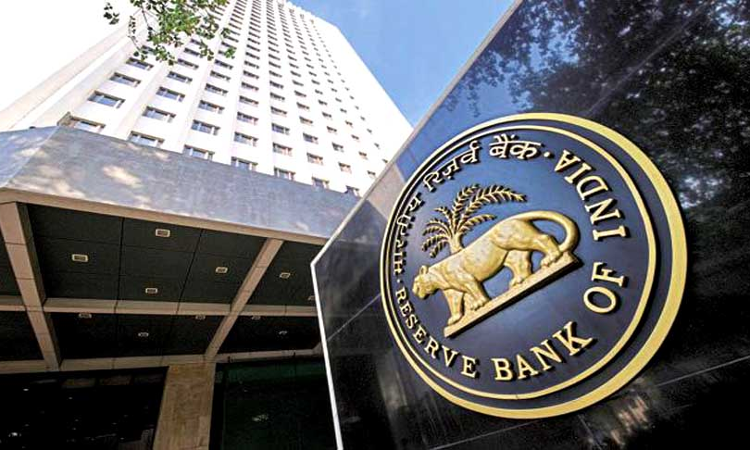- Home
- /
- News Updates
- /
- RBI Advisory On Loan Moratorium :...
RBI Advisory On Loan Moratorium : Frequently Asked Questions
LIVELAW NEWS NETWORK
11 April 2020 5:49 PM IST
On March 27, the Reserve Bank of India allowed Banks to declare a three-month moratorium on all term loans outstanding as on March 1, 2020, as well as on working capital facilities. The Indian Banks Association has answered a list of Frequently Asked Questions about the technicalities of the moratorium. QUESTION 1: When/what was the RBI announcement? ANSWER: Last week,...
Next Story



